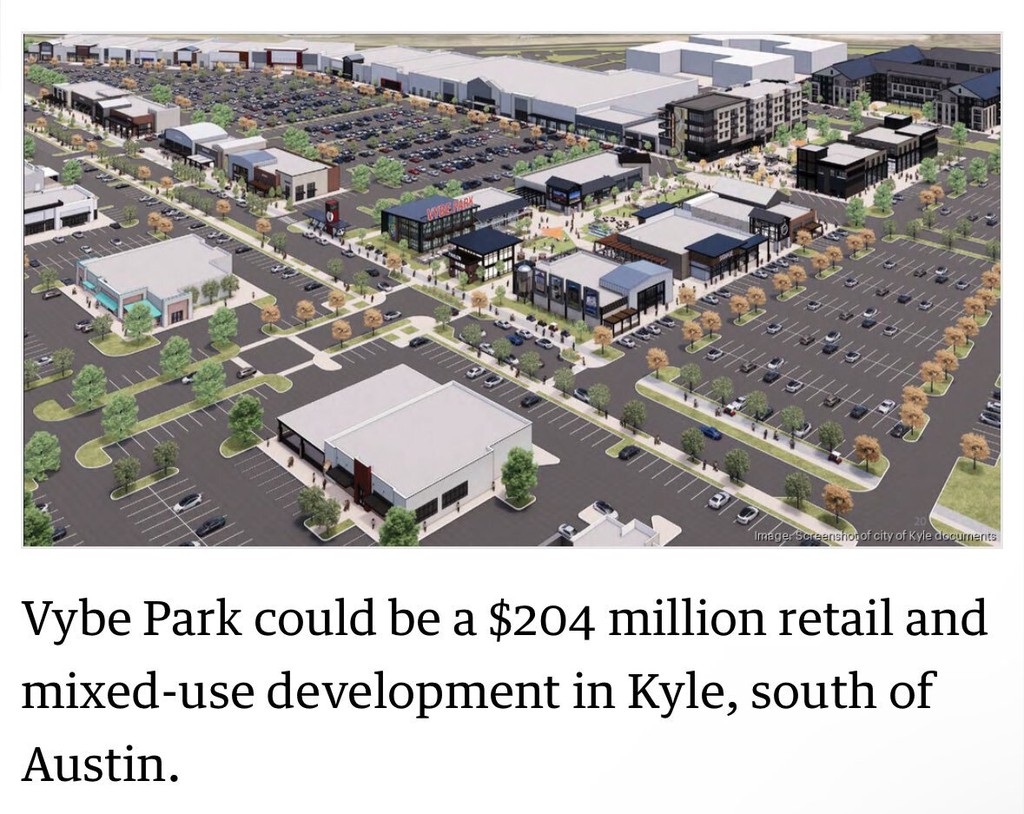Lack of Imagination
Table of Contents
Humans have accomplished remarkable things throughout our history. Yet today, despite these achievements, we appear to be backsliding while the world burns. We face enormous challenges with little evidence of meaningful progress beyond political and corporate greenwashing campaigns designed to keep consumption—“business as usual”—humming along.
If the Hitchhiker’s Guide to the Galaxy were real, it might list these accomplishments for our species:
- Egyptian pyramids – engineering marvels that still perplex us regarding their construction with primitive technologies
- Empire State Building – NYC’s most iconic building, constructed in just 410 days—under budget and 12 days ahead of schedule
- Internal combustion engine – the powerhouse that fueled economic expansion throughout the 20th and 21st centuries
- Public transit – systems enabling millions to move efficiently at minimal cost
- Penicillin – one of the first broad-spectrum antibiotics, revolutionizing medicine
- Insulin – a hormone that allows millions with diabetes to live normal lives
- Apollo program – we landed people on the moon simply because we could
- The Starry Night – an indescribable masterpiece from a troubled genius
- Beethoven’s 9th Symphony – a transcendent musical achievement
- The Internet – a global network enabling universal communication with profound, still-evolving impacts
- Wikipedia – perhaps humanity’s greatest knowledge repository, freely available worldwide
Business as Usual #
No technological barriers prevent us from averting mass suffering and the ongoing extinction of Earth’s biodiversity—a fate humans won’t escape. Instead, we’re actively choosing to prioritize business as usual because it’s convenient and requires no immediate sacrifice or change.

Our current power structures have methodically designed and reinforced themselves to maintain the status quo. They cannot change without extreme events or cataclysmic restructuring. This transformation will happen—either voluntarily or catastrophically. On our current trajectory, we risk turning Earth into a hothouse, potentially even triggering a runaway greenhouse effect like the one that rendered Venus uninhabitable.
How Did We Get Here? #
We’ve known for decades that our path is unsustainable. Yet at the highest levels, we’ve chosen to continue this trajectory for one simple reason: we must make the numbers go up. Which numbers? GDP, primarily. And why must GDP increase? To drive stock market growth. And why must the stock market grow? Because those with concentrated wealth and political influence have tied their fortunes to it.
Unfortunately, the single most effective action to prevent planetary destruction—keeping carbon in the ground—is fundamentally incompatible with our economic system. No amount of solar panels, wind turbines, electric vehicles, or other “green” capitalism can recapture atmospheric carbon while we simultaneously extract and burn fossil fuels at accelerating rates.
Imagining a Future #
This brings me to this post’s title: Why are we still grappling with this issue? Why didn’t we act decisively when Al Gore raised the alarm nearly two decades ago?
The answer is devastatingly simple: a collective lack of imagination—or perhaps, an unwillingness to exercise imagination when doing so threatens established power and comfort.
Had we begun serious decarbonization 20 years ago, we might have had a chance to avoid the worst outcomes through “net-zero” policies implemented by now. That window has closed. Atmospheric CO₂ levels have risen so far above pre-industrial levels of ~280ppm (arguably the climate sweet spot for human civilization) that we likely cannot avoid:
- Mass crop failures
- Increasingly extreme weather events
- Catastrophic wildfires
- Ocean acidification
- Rising sea levels
- Crossing critical tipping points
- Breakdown of ecological systems providing food, water, and breathable air
At the highest levels of power, imagination seems limited to strategies for boosting quarterly profits and stock values. Remarkably absent is any consideration of how meaningless those financial metrics become when populations face starvation, climate-driven conflicts, or other cascading effects we haven’t fully anticipated. For instance, what happens when nuclear-armed nations face existential water shortages? Pentagon strategists have likely considered such scenarios, with their solution being little more sophisticated than ensuring they launch their weapons before others do.
Reimagining Possibilities #
The tragedy isn’t just our failure to act—it’s our failure to envision alternatives to our current system. True imagination would mean:
- Recognizing that infinite growth on a finite planet is mathematically impossible
- Designing economic systems that prioritize sustainability over expansion
- Redefining prosperity beyond consumption and GDP
- Valuing long-term planetary health over short-term profits
The most profound lack of imagination is our inability to conceive of a world not driven by the relentless pursuit of material growth—a world where human flourishing isn’t measured by consumption but by wellbeing, where technological innovation serves ecological balance rather than extraction.
We’ve proven our capacity for extraordinary achievement through history’s greatest innovations. The question now is whether we can apply that same ingenuity to our most existential challenge: reimagining human civilization itself.
The window for incremental change has closed. What remains is the opportunity for transformation—one that requires us to exercise our imagination as boldly as when we first dreamed of sending humans to the moon, but with the survival of our species as the prize.
